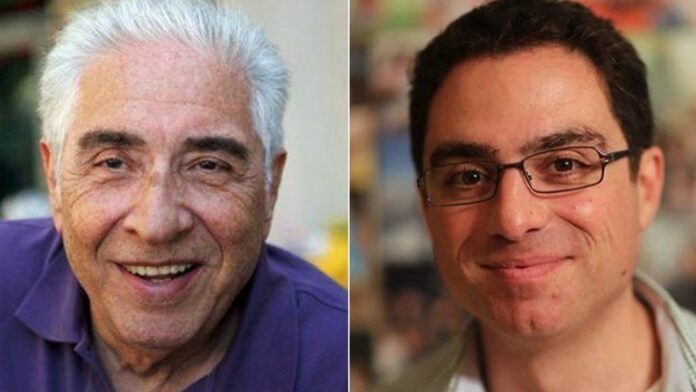In a significant development, Iran has released five dual nationals, who held both US and Iranian citizenship, from house arrest. The detainees, Siamak Namazi, Emad Shargi, Morad Tahbaz, and two others – one American and one unidentified – had been detained on various charges over the past few years, causing a strain in US-Iran relations. The release comes after a series of talks between Iran and the US, highlighting the potential for diplomatic breakthroughs even in the midst of ongoing tensions.
The detainees were held under varying circumstances, ranging from security charges to accusations related to environmental activism. While this move towards house arrest is seen as a positive step, critics argue that their initial detention was unwarranted and that their release only underscores the wrongful nature of their incarceration. The US National Security Council spokesperson, Adrienne Watson, remarked, “While this is an encouraging step, these US citizens… should have never been detained in the first place.”
The negotiation for their release involved mediation by a third country, demonstrating the intricate diplomacy required to navigate such sensitive situations. Furthermore, a significant aspect of the negotiations involves the unblocking and transfer of frozen funds worth approximately $6 billion from South Korea to Qatar. This financial dimension emphasizes the complex layers underlying international negotiations and the extent to which diplomatic issues can be intertwined with economic matters.

However, the release of these dual nationals is not a standalone incident but rather part of a broader dialogue between Iran and the US. Both countries have been engaging in discussions for years, aiming not only to secure the release of their citizens but also to address larger geopolitical issues. The potential for a prisoner swap, which could include Iranian prisoners in US jails, adds another layer of complexity to these negotiations.
Despite this positive development, challenges remain. The timing of the detainees’ departure from Iran remains uncertain, and it is suggested that several weeks may pass before they can leave the country. Furthermore, the broader details of the negotiation and the concessions made by both parties are yet to be fully disclosed. The delicate dance of diplomacy often involves trade-offs and concessions that may not be immediately apparent.
This development offers a glimpse of hope in an otherwise tense relationship between Iran and the US. Diplomacy, even in the face of significant challenges, continues to play a crucial role in addressing international disputes and securing the rights of individuals caught in the crossfire. As the detainees prepare to return home, their release serves as a reminder of the power of negotiation and the potential for positive change even in the most complex of circumstances.


